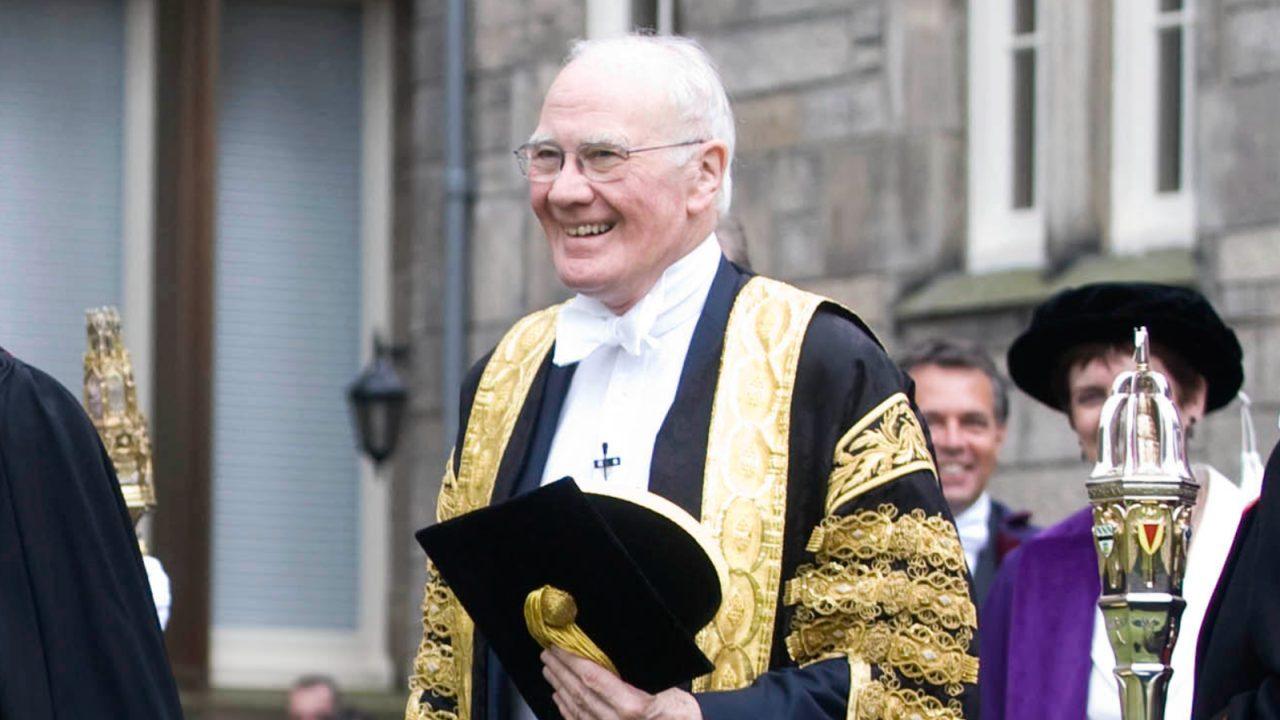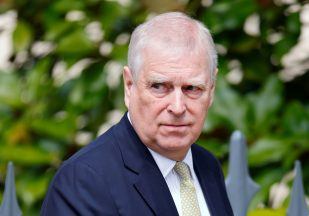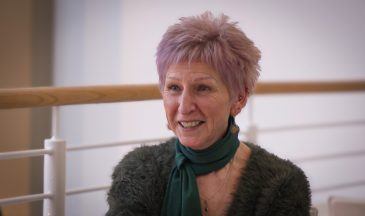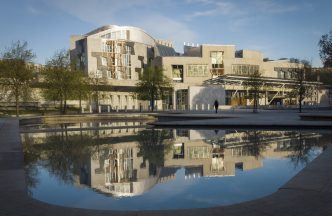Menzies Campbell was a former Leader of the Liberal Democrats, an Olympic athlete of some distinction, a Queen’s Counsel and part of a golden generation of graduates at the University of Glasgow.
While at university, the Glasgow-born sprinter competed at the 1964 Tokyo Olympics. He held the British record for the 100 metres between 1967 and 1974 in a then record time of 10.2 seconds.
He also captained the Great Britain athletics team in 1965 and 1966.
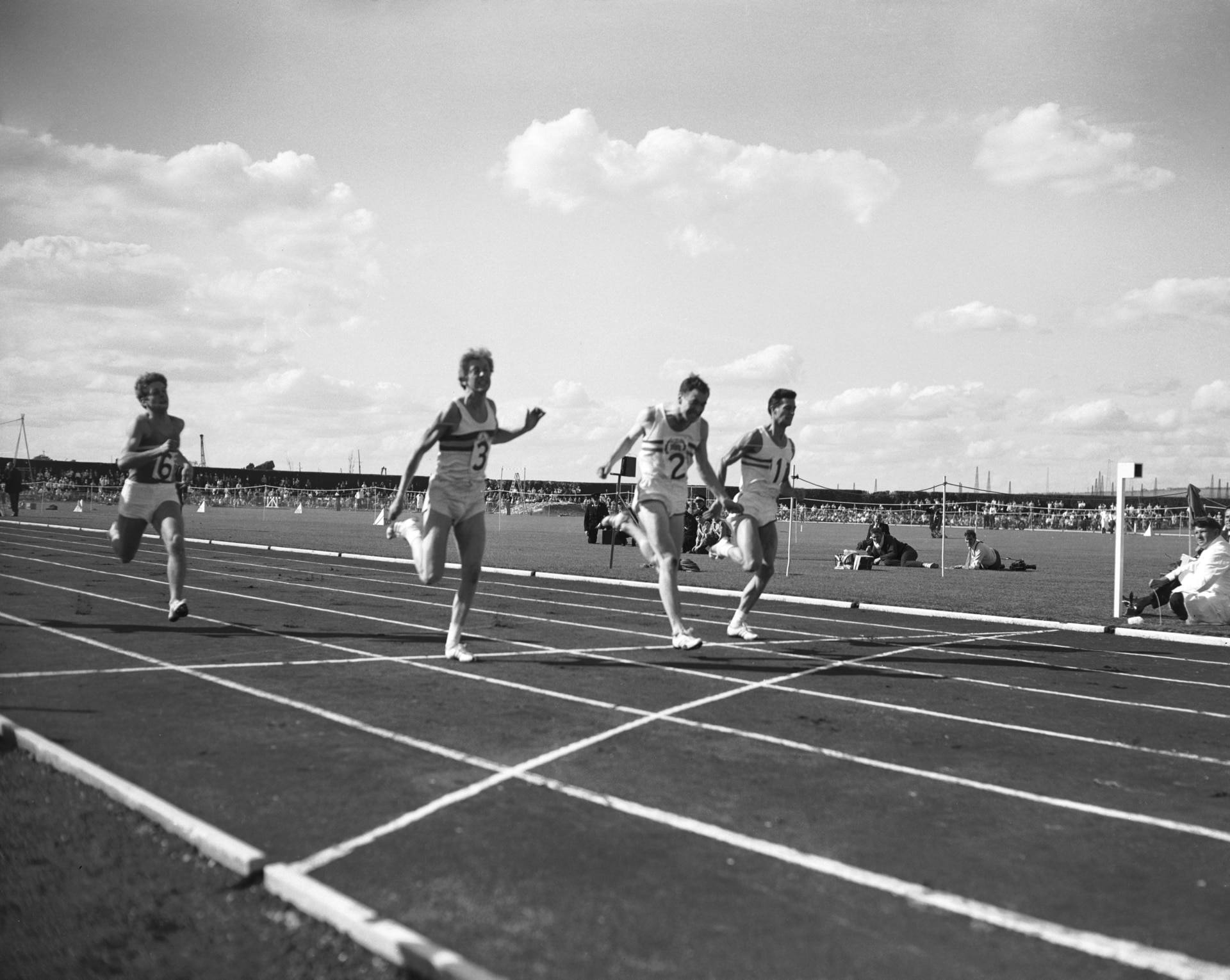 Getty Images
Getty ImagesCampbell combined his athletic prowess with his studies, graduating with a Law degree in 1965.
At Glasgow University, his contemporaries included future Lord Chancellor Derry Irvine, former Labour Leader John Smith and Scotland’s first ever First Minster Donald Dewar. Campbell was President of the University Union in 1964-65, a position that normally signals a distinguished career beckons.
Campbell was a lifelong Scottish Liberal. Back in the 1960s, this was not the kind of politics that was a promising stepping stone for a parliamentary career as the Liberals were on the margins of politics.
He first stood for Parliament at the two General Elections of 1974 but was defeated by the incumbent Labour MP for Greenock and Port Glasgow, Dr Dickson Mabon.
Campbell moved from Inverclyde to Fife where he stood in North East Fife in 1979 and 1983 before unseating the Conservative Barry Henderson in a third attempt in 1987.
He looked the part of the QC, with his immaculately tailored frame boasting the best that Savile Row had to offer. He was always impeccably polite and carried himself with a gentlemanly air. This was given a dash of elegance by his wife Elspeth, who he married in 1970. She was a formidable presence and was always quick to defend her husband’s reputation.
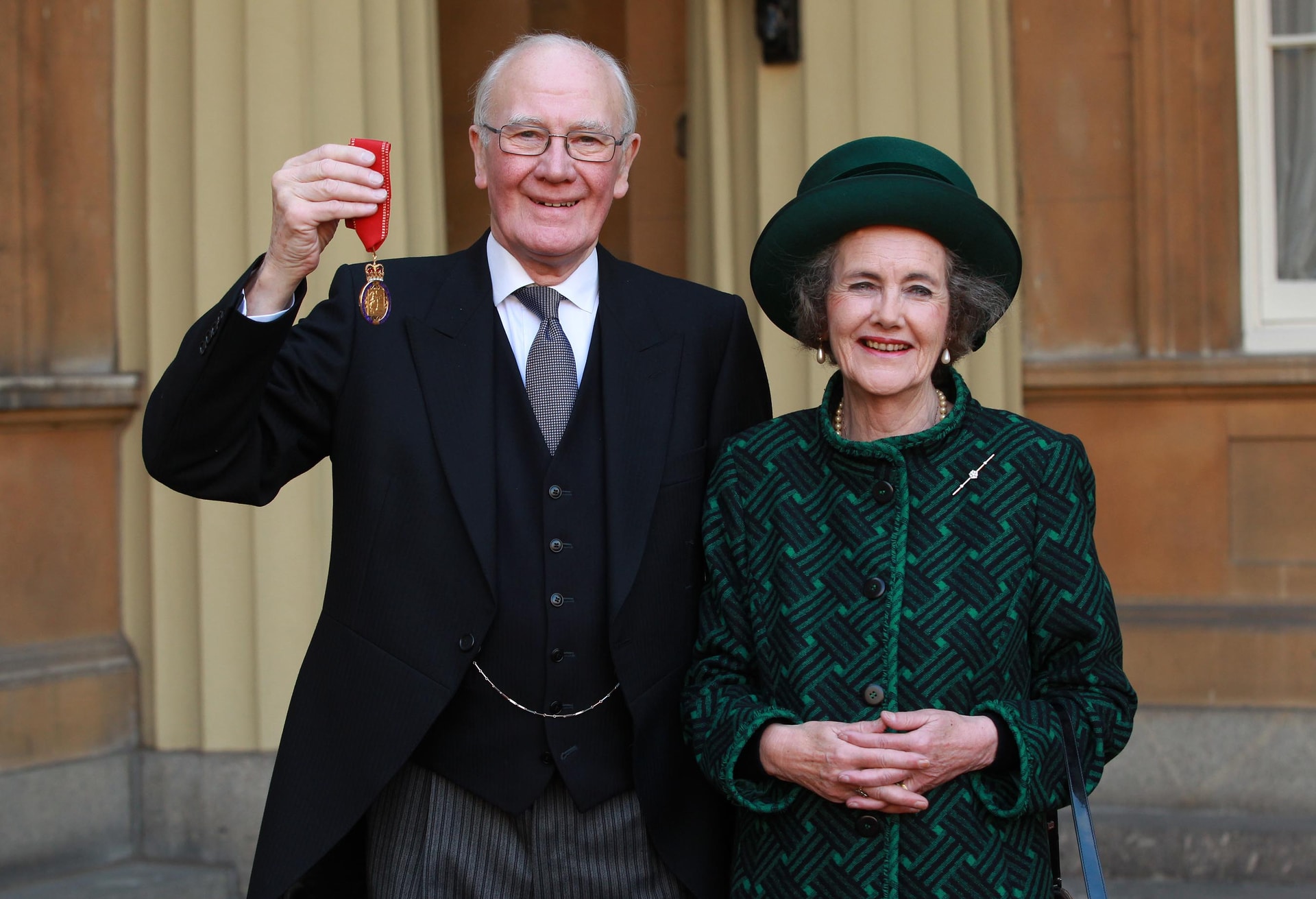 Getty Images
Getty ImagesHis major area of interest was foreign affairs, where he spoke articulately and with authority on a range of issues. He held the foreign affairs brief for his party for 14 years. He was critical of the Bush-Blair relationship, seeing it as one-sided and he opposed military action in Iraq in 2003.
Ming Campbell was a liberal to his core and liberal values underpinned his views on personal freedom at home and support for international bodies abroad. He was always comfortable speaking on defence and foreign affairs issues but was a lot less sure-footed on domestic political issues, particularly on economic policy.
In 2006, he was elected party leader after the resignation of Charles Kennedy, who was a popular figure in the country and proved to be a hard act to follow.
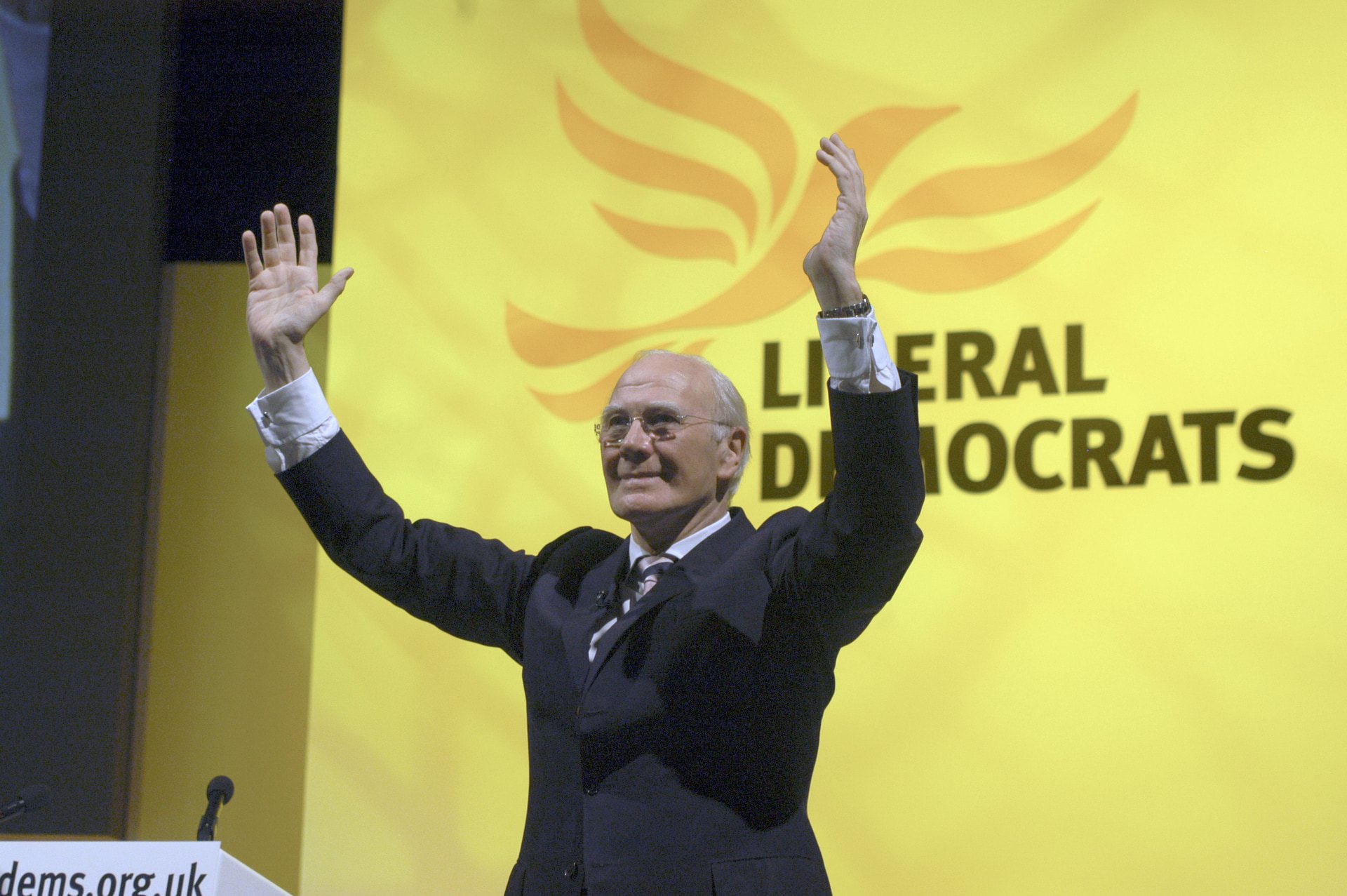 Getty Images
Getty ImagesThe normally reliable Campbell looked ill at ease in the role. By then, politics was frequently seen through the prism of personality and he was regarded as stiff compared to the likes of Kennedy and Paddy Ashdown. His supporters believe that he was the victim of barely disguised ageism. There is a kernel of truth in this observation.
He didn’t really connect with the public. His performances at the weekly parliamentary joust Prime Minister’s Questions were uneven and the duration of his leadership was dogged by repeated speculation that he should be replaced.
He quit the leadership in October of 2007, saying that questions over his tenure were a distraction and acted as a brake to electoral progress. He was replaced by Nick Clegg.
Campbell stood down from the Commons at the General Election of 2015, his seat falling to the SNP in an electoral tsunami. He was made a peer the same year, taking the title of Baron Campbell of Pittenweem.
The term “highly respected” is overused when describing politicians, but in Campbell’s case it is certainly true. His contributions were always logical and argued from first principles – even if his lawyerly approach set limits to his appeal.
He was not given to bouts of rhetorical flourish and body swerved the temptation to be opportunistic. His heartfelt liberal beliefs would have regarded that as unforgivable.
Campbell was knighted in 2004 and was installed as the Chancellor of St Andrews University in 2006. He made regular contributions in the upper house and was always a rational voice in a public discourse often blighted by tribalism and blinkered thinking.
His decision to stay at Westminster rather than stand for Holyrood reflected his lifelong fascination with foreign affairs. He was, however a passionate home ruler who would have made an important contribution to the work of the Scottish Parliament should he have opted to seek election to that body.
He will be remembered as a logical and passionate voice in the cause of liberal values both at home and abroad. He served his constituency, party and country with distinction and along the way earned respect for the way in which he carried himself and his politics.
Follow STV News on WhatsApp
Scan the QR code on your mobile device for all the latest news from around the country


